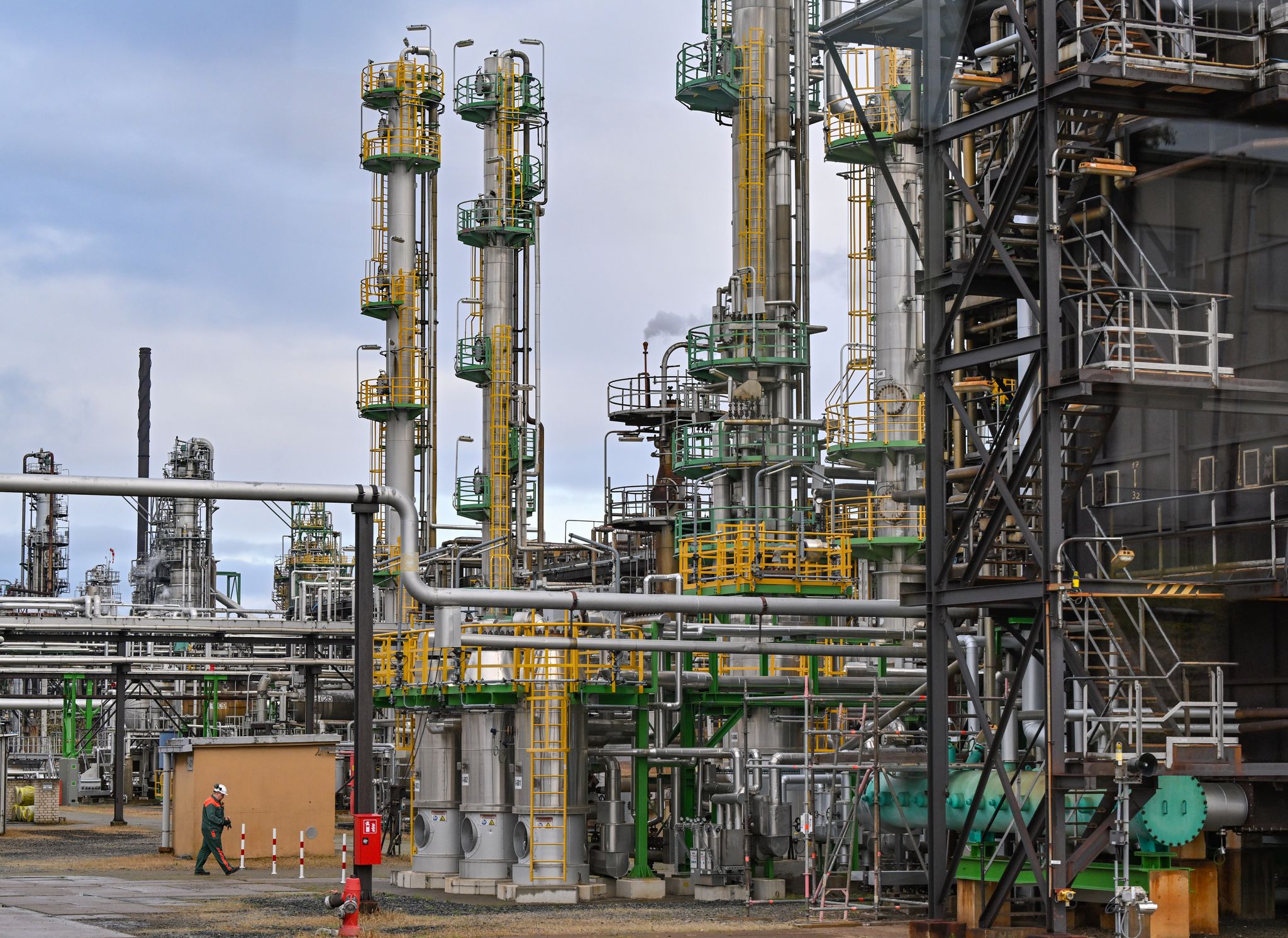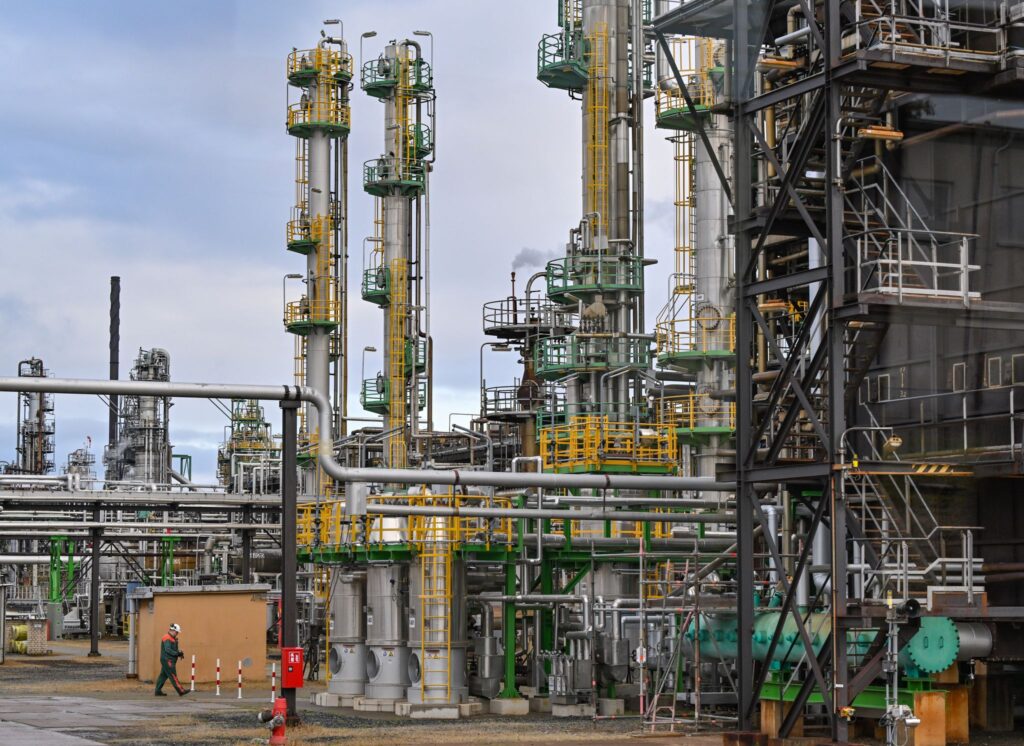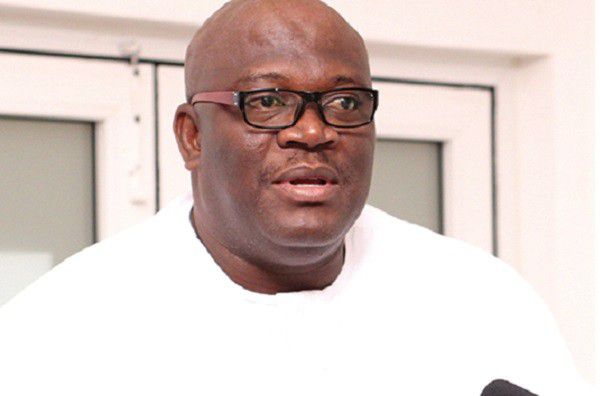


The Federation of German Industries (BDI) on Friday urged lawmakers to relieve the burden on the country’s struggling companies by cutting electricity costs, as new figures revealed a surprise fall in industrial production in October.
BDI executive Holger Lösch told dpa on Friday that high electricity prices “endanger industrial production and jobs in Germany.”
“A reduction in the massively increased network fees as an immediately effective measure is urgently needed,” Lösch said.
The comments came as German lawmakers prepared to debate a bill proposed by Chancellor Olaf Scholz’s minority government to curb network fees and thus electricity costs.
The transmission system operators are to receive a federal subsidy of up to €1.32 billion ($1.4 billion) in the coming year.
However, after the collapse of Scholz’s three-party coalition, his administration no longer has a majority in the Bundestag, Germany’s lower house.
Politicians from the conservative opposition CDU/CSU bloc have already called the proposal insufficient and said their faction will not support it.
Lösch agreed that the government’s proposal to co-finance the subsidy for transmission grid costs for the coming year falls far short of what businesses need.
“Moreover, the government’s proposal is unclear in terms of financing and timing,” he added.
Industrial production falls in October
Industry in Germany remains in crisis, with companies unexpectedly cutting back their production again in October – particularly in the crisis-ridden automotive industry.
Figures released by the Federal Statistical Office on Friday show that production in the energy and construction sectors fell by 1% in real terms compared to September.
Analysts had expected an average increase of 1%. In a year-on-year comparison, production fell unexpectedly sharply by 4.5%.
“The downward trend in industrial production continues,” wrote economist Jupp Zenzen. “Production is falling to its lowest level since the pandemic.”
High costs, economic uncertainty, a shortage of skilled workers and bureaucracy are weighing on companies, Zenzen said. The order books remain flat.
However, the production downturn in the previous month of September was somewhat less severe than previously thought. The Federal Statistical Office revised the month-on-month decline to 2% from the previously reported 2.5%.
While construction output stagnated in October, energy production fell by almost 9% when seasonally and calendar-adjusted.
Manufacturing industry shrank by 0.3%. This was due to a 1.9% decline in production in Germany’s ailing automotive industry.
Commerzbank economist Jörg Krämer spoke of a weak start to the fourth quarter, pointing to a study by the Munich-based ifo Institute.
“In view of the low level of incoming orders and the weakness of the ifo business climate, a rapid improvement is unlikely,” he said. “The German economy is likely to stagnate at best in the winter months.”
In energy-intensive industries, which include the chemical industry, production in October fell by 0.9% compared to September, adjusted for seasonal and calendar effects.
Source: dpa
The post German industry demands electricity cost relief as production falls appeared first on Ghana Business News.
Read Full Story

















Facebook
Twitter
Pinterest
Instagram
Google+
YouTube
LinkedIn
RSS